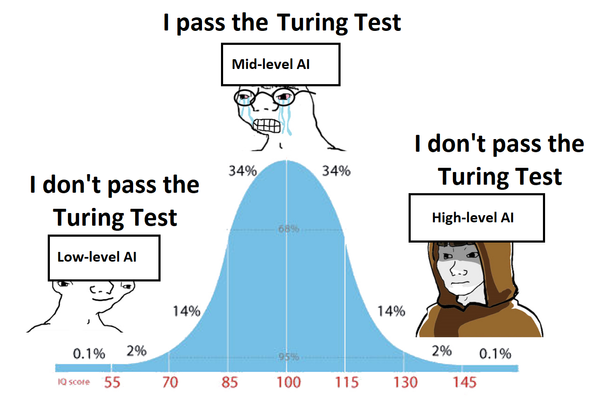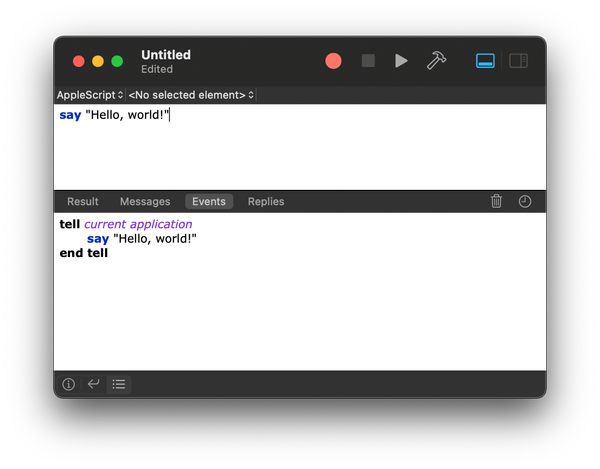Innovations in Social and Solidarity Economy: A Technological Perspective
The Social and Solidarity Economy (SSE) is a dynamic and evolving sector that aims to create a more sustainable and equitable economy. It encompasses a wide range of initiatives, including cooperatives, community-based enterprises and fair trade organisations.

Introduction
The Social and Solidarity Economy (SSE) is a dynamic and evolving sector that aims to create a more sustainable and equitable economy. It encompasses a wide range of initiatives, including cooperatives, community-based enterprises and fair trade organisations. In recent years, technological advancements have played a significant role in driving innovations within the SSE. This article explores some of the key technological innovations in the SSE and their potential impact on creating a more inclusive and sustainable economy.
Blockchain Technology
Blockchain technology, originally developed for cryptocurrencies like Bitcoin, has gained significant attention due to its potential to revolutionise various industries, including finance and supply chain management. In the context of the SSE, blockchain technology can enhance transparency, trust and accountability. It achieves this by providing a decentralised and immutable ledger that records transactions and interactions.
For example, blockchain-based platforms can enable fair trade organisations to track and verify the origins of products, ensuring that they meet ethical and sustainability standards. The transparent and immutable nature of the blockchain allows consumers to verify the authenticity and provenance of products, promoting trust and ethical consumption. Additionally, blockchain-based systems can facilitate secure and transparent transactions within cooperatives, reducing the need for intermediaries and enabling more direct and efficient exchanges.
Digital Platforms and Collaborative Consumption
Digital platforms have played a crucial role in the rise of the sharing economy, enabling individuals to share resources and services. In the SSE, digital platforms can facilitate collaborative consumption, allowing communities to pool and share resources such as tools, vehicles, or even spaces. These platforms can help reduce waste, promote resource efficiency and strengthen community bonds.
For example, a digital platform could connect individuals who need a particular tool for a short period, enabling them to borrow it from someone in their community instead of purchasing a new one. By leveraging the power of digital platforms, SSE initiatives can promote resource sharing, reduce the environmental impact of production and consumption and foster a sense of community and cooperation.
Open-source Software and Co-creation
Open-source software, characterised by its accessibility, transparency and collaborative development process, has been a driving force behind technological innovation. In the SSE, open-source software can empower communities to develop their own digital tools and platforms tailored to their specific needs. This co-creation process allows for greater ownership and participation, fostering a sense of community and shared responsibility.
By leveraging open-source software, SSE initiatives can reduce costs, customise solutions and ensure that technology aligns with their values and principles. For example, a cooperative could develop an open-source platform for managing their internal operations, such as inventory management or scheduling. This not only reduces dependence on proprietary software but also allows for continuous improvement and customisation based on the needs and feedback of the cooperative members.
Artificial Intelligence and Data Analytics
Artificial Intelligence (AI) and data analytics have the potential to transform various aspects of the SSE. AI-powered chatbots and virtual assistants can enhance customer service and support, enabling SSE organisations to provide personalised and efficient assistance to their members or customers. These AI systems can understand natural language, interpret user queries and provide relevant information or perform tasks.
Data analytics, on the other hand, can help SSE initiatives gain insights into their operations, identify patterns and make data-driven decisions. By analysing large volumes of data, organisations can uncover hidden trends, understand consumer preferences and optimise their strategies. For example, analysing data on consumer preferences and behaviour can help fair trade organisations better understand market trends and tailor their offerings accordingly.
Furthermore, AI and data analytics can be utilised for impact measurement and evaluation in the SSE. By analysing data on social and environmental outcomes, organisations can assess their performance, identify areas for improvement and demonstrate their impact to stakeholders and funders.
Mobile Technology and Financial Inclusion
Mobile technology has become increasingly prevalent worldwide, even in remote and underserved areas. This presents an opportunity for the SSE to promote financial inclusion and empower marginalised communities. Mobile banking and payment solutions can provide individuals with access to financial services, allowing them to save, borrow and make transactions securely.
By leveraging mobile technology, SSE initiatives can bridge the digital divide, reduce barriers to financial inclusion and enable economic empowerment for all. For example, mobile-based microfinance platforms can enable individuals in underserved areas to access small loans and financial services, fostering entrepreneurship and economic development.
Additionally, mobile technology can facilitate communication and collaboration among SSE initiatives and their members. Mobile apps and messaging platforms can enable real-time communication, coordination and knowledge sharing, strengthening the sense of community and collective action.
Conclusion
Technological innovations have the potential to revolutionise the Social and Solidarity Economy, making it more inclusive, sustainable and efficient. Blockchain technology enhances transparency and trust, digital platforms enable collaborative consumption and resource sharing and open-source software empowers communities to co-create tailored solutions. AI and data analytics provide insights and improve decision-making, while mobile technology promotes financial inclusion and empowers marginalised communities.
By embracing these technological advancements, the SSE can continue to drive positive social and environmental change. However, it is essential to ensure that these technologies are accessible, inclusive and aligned with the principles and values of the SSE. By doing so, we can harness the full potential of technology to create a more just and sustainable economy for all.



